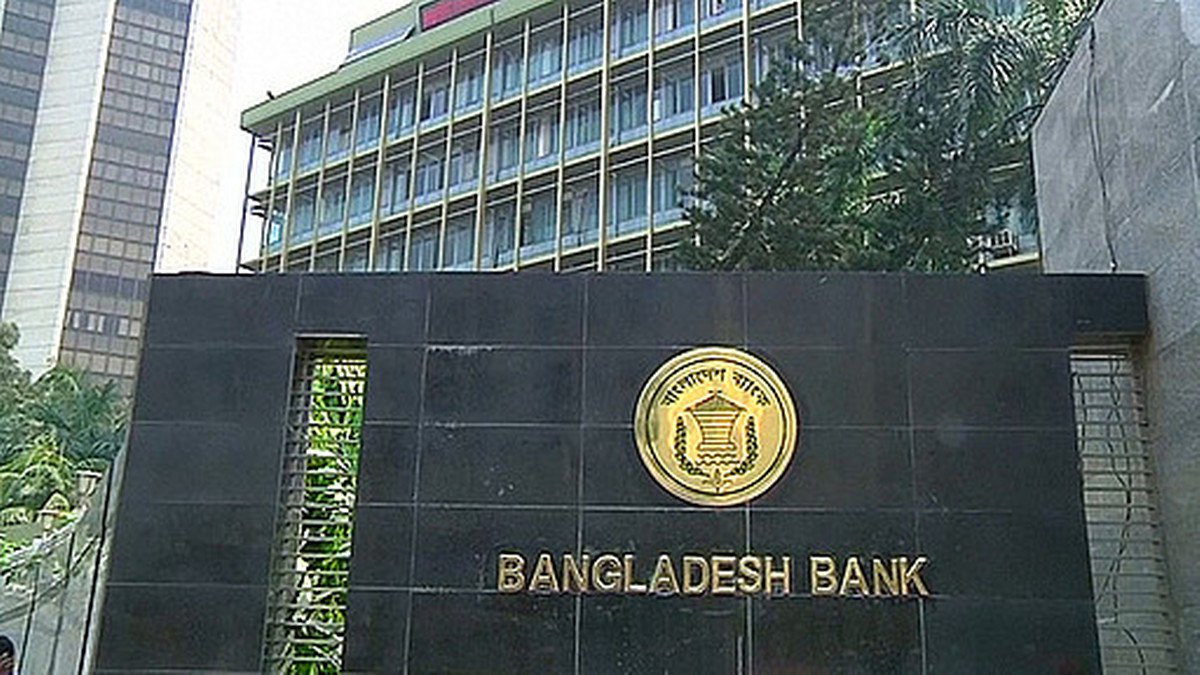BB steps up dollar sales

The central bank has stepped up its dollar sales once again this month to stem the depreciation of the local currency against the greenback.
In the first four working days of October, $45 million was injected to the market. In contrast, $100 million was injected in July and $55 million between August and September.
But the move did not yield the desired result. On October 7, the inter-bank exchange rate of the US dollar stood at Tk 83.80, up from Tk 80.75 on September 30.
The lenders were forced to revise the selling rate for bill for collection (BC) -- which is the rate at which banks make import payments -- twice last week because of the upward trend of interbank exchange rate.
The banks increased the BC selling rate to 80.80 on October 1 and again on October 3 to 83.85.
The import bills have ballooned in recent months while the growth of export and remittance have failed to keep up, said Syed Mahbubur Rahman, chairman of the Association of Bankers, Bangladesh, a platform of private banks' managing directors.
The reason for the escalating import bill is the huge pressure to implement the mega infrastructural projects at the quickest pace.
“There has been a concern over the upward trend of the petroleum price on the global market as well,” said Rahman, also the managing director of Dhaka Bank. Exacerbating the liquidity shortage in the foreign exchange market is the recent repatriation of upwards of $100 million by a mobile network company, said a bank official requesting anonymity.
Banks have recently urged the central bank to allow them to be more flexible with the selling rate for bill for collection (BC), which is the rate at which banks make import payments.
The country is now able to manage import bills of 5 months using its foreign exchange reserves. A year ago, the reserves were sufficient to foot nearly nine months' imports.
On October 2, foreign exchange reserves stood at $31.97 billion, down $32.93 billion from a year earlier, according to the central bank statistics.
The economy will have to enter into a difficult territory if the foreign exchange reserves further decline, Rahman said.
In fiscal 2017-18 the central bank injected $2.31 billion -- the highest since fiscal 2009-10.
The central bank injected only $175 million in the market in fiscal 2016-17 and none the previous year.
In the last one year, the local currency lost 3.71 percent of its value against the dollar.
